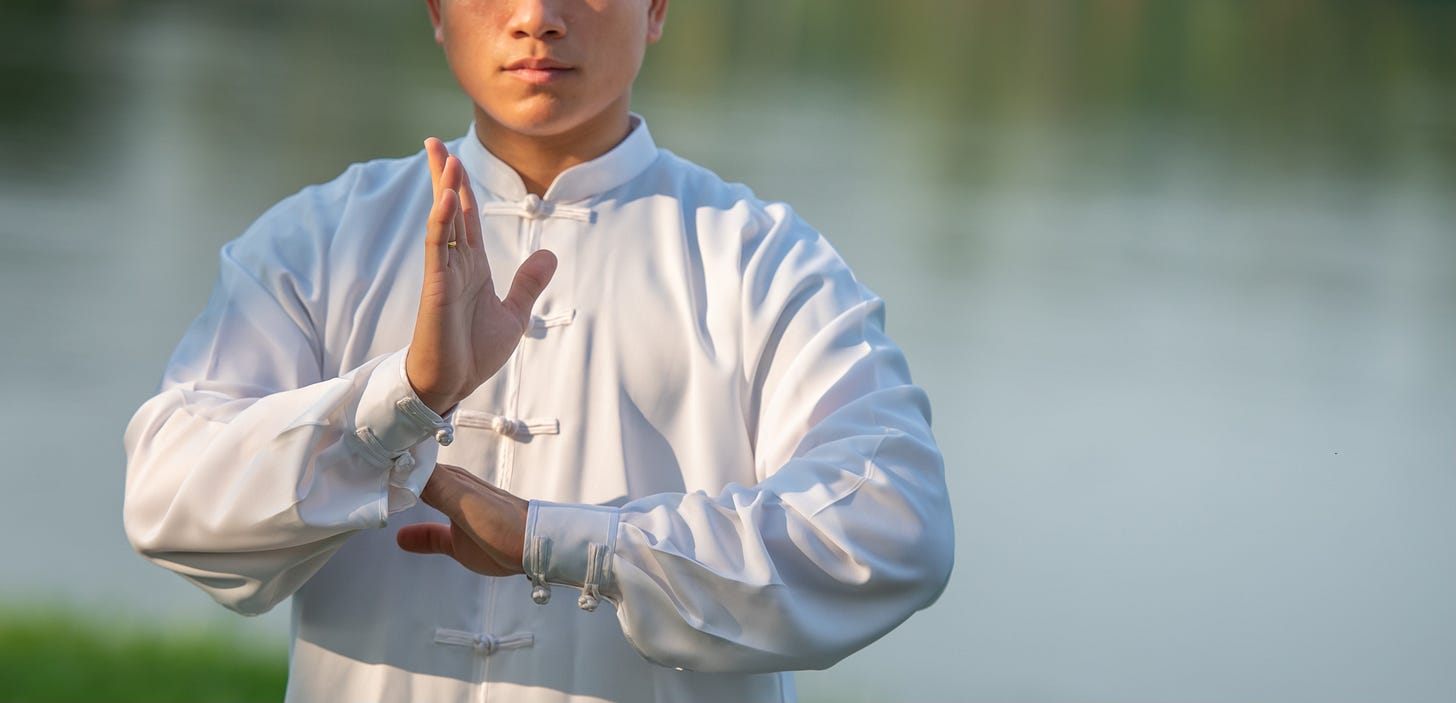Peer-Reviewed Research: Qigong Exercise and Its Efficacy in Cognitive Impairment in Schizophrenia
The randomized controlled study titled "Shen-based Qigong Exercise improves cognitive impairment in stable schizophrenia patients in rehabilitation wards: a randomized controlled study" by Shen et al. (2024) investigates the potential cognitive benefits of a Shen-Based Qigong Exercise (SBQE) intervention for stable schizophrenia patients. This review ev…



